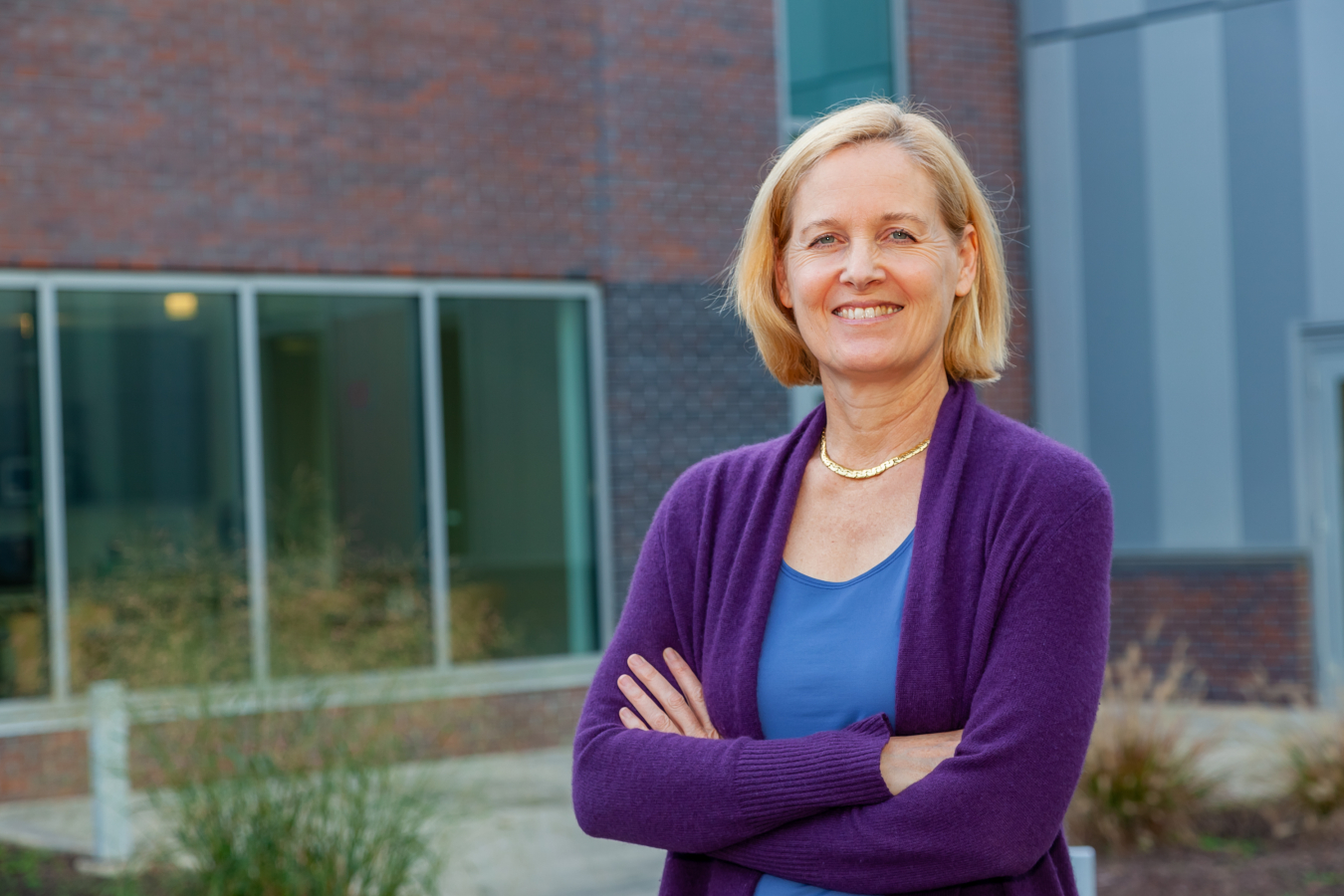Learn why Dr. Camille Ginsburg loves her job as the Director of Accelerator Operations at Jefferson Lab.
November 20, 2019
Camille Ginsburg has been Director of Accelerator Operations at Jefferson Lab since August 2019. She was previously a staff scientist at Fermilab for 14 years. Prior to this, she held a research scientist position at the University of Wisconsin and a postdoctoral position at the Ohio State University. She earned an MS and PhD in Physics from Northwestern University, and a BS in Physics from the University of California at Irvine. Prior to joining Fermilab to work on accelerator physics and technology, she was working in experimental particle physics. Read more about her work here.
What inspired you to work in STEM?
I always liked math, puzzles and problem solving. I was very lucky to go to schools with strong science and math programs. I had settled on STEM by the time I went to university as an undeclared engineering major, and was quickly drawn to physics for the conceptual beauty I found in my coursework. I became a physics major, got a part-time job doing experimental particle physics research in my favorite professor’s lab, and learned of the existence of physicist as a career path.
What excites you about your work at the Energy Department?
The Department of Energy laboratories are some of the few places in the world to do cutting edge accelerator science while resident at the accelerator, i.e., where the action is. Having worked on several exciting accelerator projects at Fermilab, I was drawn to the opportunity to contribute to the success of the Jefferson Lab accelerator program, especially the CEBAF accelerator, which is the most powerful CW SRF accelerator in the world.
How can our country engage more women, girls, and other underrepresented groups in STEM?
We can ensure that a high quality education, including STEM topics, is available to all children in our country, starting with preschool. We can energetically advertise the availability of STEM opportunities, from student experiences to careers. We can reduce the artificial negative impact to women’s careers from child rearing, and emphasize the positive, through good public policy and training. We can make the education and work climate more inclusive through training and administrative policy.
Do you have tips you'd recommend for someone looking to enter your field of work?
Keep your focus on what interests you in the field of work, including the science, the technology, the scientific environment and working conditions. Also be realistic about what you don’t like, and recognize that all fields of work have their good and bad moments. Be prepared that jobs will change over the duration of a career, so it’s important to be ready to jump at opportunities which are aligned with your detailed interests and preferences. Don’t give up.
When you have free time, what are your hobbies?
I visit my grown children, wherever they may be, whenever I can. I like biking, playing music with friends, travel, and studying languages.
Learn more about our programs & resources for women and girls in STEM at http://www.energy.gov/women

